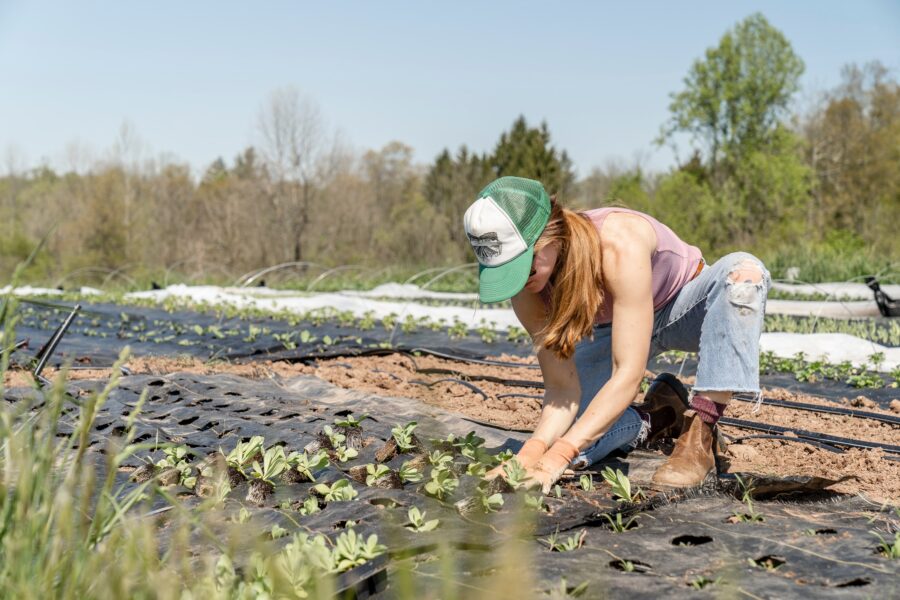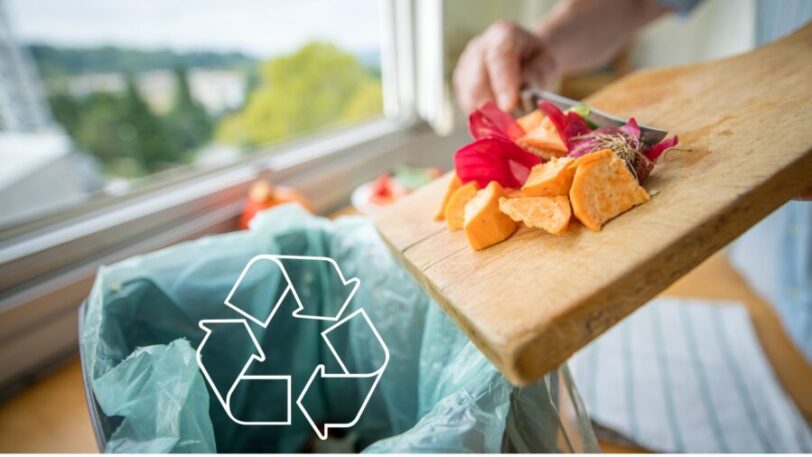What is sustainability?
When people think of sustainability, the main thought that passes through their mind is recycling. However, sustainability is much more than that one simple word, “recycling.” Sustainability is preserving our Earth and natural environment. Whether we realize it or not, everything we need to survive goes back to our natural environment and sustainable policies and practices are the way to preserve it to prevent further damage. To quote the epa.gov, “to pursue sustainability is to create and maintain the conditions under which humans and nature can exist in productive harmony to support present and future generations.”
Sustainability has different dimensions in business and in our personal lives. Major corporations are aiming to go carbon neutral by the end of the decade, or earlier. To be more sustainable, they are looking closely at their energy usage, logistics operations, travel mileage, and packaging. Choosing packaging that comes from renewable resources, or that can be reused multiple times is a sustainable choice, because it prevents the excessive dependency on non-renewable resources.
Composting is another way food businesses and residents we can pursue sustainability and this will be the focus of this blog. In terms of the word, “recycling,” composting is the natural way to “recycle” food waste and yard trimmings. The food that is recycled cannot be just any food though, and the same applies to yard trimmings. Composting has its own set of “dos and don’ts” to follow and ways to provide the best for our environment. More information about how to make the most out of your compost can be found here.
If the business package food products, compostable packaging is a better choice, because the packaging can be disposed in the same compost bin, even if it contains food residues, which helps divert waste from landfills and waterways. Something that is important to consider, is that only BPI certified products should be considered when investing in compostable packaging. This certification monitors that harmful chemical aren’t added to the formulation of the materials. Furthermore, find out if these materials are home compostable or commercial compostable. There are variations of compostable packaging materials and each one requires different levels of temperature and humidity to biodegrade completely.
Compostable packaging is a source of carbon in the compost systems. This method helps sequester more carbon and it is a zero-waste option when the infrastructure is there to support it. Most of the compostable packaging available in the market today is industrial or commercial compostable. The city of Chicago has many compost haulers who help divert food waste and compostable packaging to these specialized facilities that produce high quality compost. Here is a list of companies to choose from.
Why is it important to implement sustainable practices in our local communities?
Why should we support compost systems? Because composting is not only about helping the environment globally. Composting is something that is extremely beneficial for your home, your neighborhood, and your city in general. In fact, composting will have more benefits for you and your local community than the entire planet. We are fortunate to live in a city that can divert waste to a circular system such as composting. Some states in the U.S. have mandated the diversion of food waste from landfills. The City of Evanston provides its residents a compost service, so they can recycle organic and yard waste. Small communities can drive positive change and we hope others follow.
In any city, big or small, there is an excess amount of food waste, which is estimated at 37%. Our soils need regenerative practices to retain more nutrients and moisture, so plants demand less chemicals and water to grow healthy crops. When farmers include good quality compost into their soils, they incorporate a great source of nutrients and organic matter that improves the quality of the soil. Our landfills are currently being excessively filled with organic waste which could be going back into earth. Instead of decomposing naturally and properly through composting, whenever food waste ends up in a landfill it creates methane gas, which increases harmful gas emissions. For this reason, sending organic waste to landfills is not sustainable.
This case study discusses the metrics related to restaurant organic waste production and the program that helps them divert this from landfills.
How can the restaurant industry be more sustainable?
Sustainability can be accomplished in multiple industries, but especially in the restaurant industry. From food, packaging, and storage restaurants use many products that could be giving back to their local community. One of the big ways restaurants can help with sustainability is through buying their foods locally. Local food ingredients are fresher and tastier, and they can reduce carbon emissions due to shorter travel times. Supporting locally grown foods, also helps the local economy and it encourages sustainable agriculture (https://www.mcgill.ca/foodservices/sustainability/green/local). Diverting organic waste to a compost system will support your local food growers with access to nutrient and organic rich compost to feed future crops, organically.

Outside of using local farmers and composting to be sustainable, restaurants can be sustainable via their packaging for their customers and how they dispose of their own waste such as plastics. Restaurants are beginning to move away from Styrofoam packaging due to recent regulations on Styrofoam bans placed by many states. Starting in 1987, California became one of the first states to place a ban on Styrofoam products, but since then there have been a multitude of states joining them. Styrofoam is not safe for people and the environment.
When Styrofoam containers are in contact with hot, acidic or alcoholic foods and beverages, they leach harmful chemical substances such as benzene, which could cause cancer and other health problems. For these reasons, states are beginning to enact laws to limit or prevent the use of Styrofoam. There are plenty of other options for better, more sustainable packaging, and MB Consulting can support restaurant and caterers in this transition from single use plastic to a circular choice such as compostable or reusable containers.
In Summary
Running a sustainable business is about reducing the carbon footprint, and gas emissions. Organic food waste can be diverted from landfills by hiring a compost hauling service. Replacing single use plastic with compostable packaging is a good path to sequester carbon and contribute to the production of healthy and organic rich soil for local growers. It is important to pay attention to different certifications for sustainable packaging. Some of the different types of certifications to keep an eye out for are Biodegradable Product Institute (BPI) certified, Compost Manufacturing Alliance (CMA) certified. The CMA runs field tests in different compost sites across the US to verify the compostable products biodegrade within the expected timeframe in commercial facilities.
While navigating sustainability, composting, and what sustainable packaging will work best for your business, MB Consulting will help you save time and resources by providing unique and creative solutions that will align with your short term goals and business values.
Resources
https://www.epa.gov/sustainability/learn-about-sustainability
https://illinoiscomposts.org/resources/
https://collectiveresource.us/why-compost/
https://www.mcgill.ca/foodservices/sustainability/green/local
https://www.cbsnews.com/news/styrofoam-ban-states-declare-war-people-think-it-breaks-down/
https://dispatchgoods.com/about-us
https://www.goodstartpackaging.com/standards-certifications/




